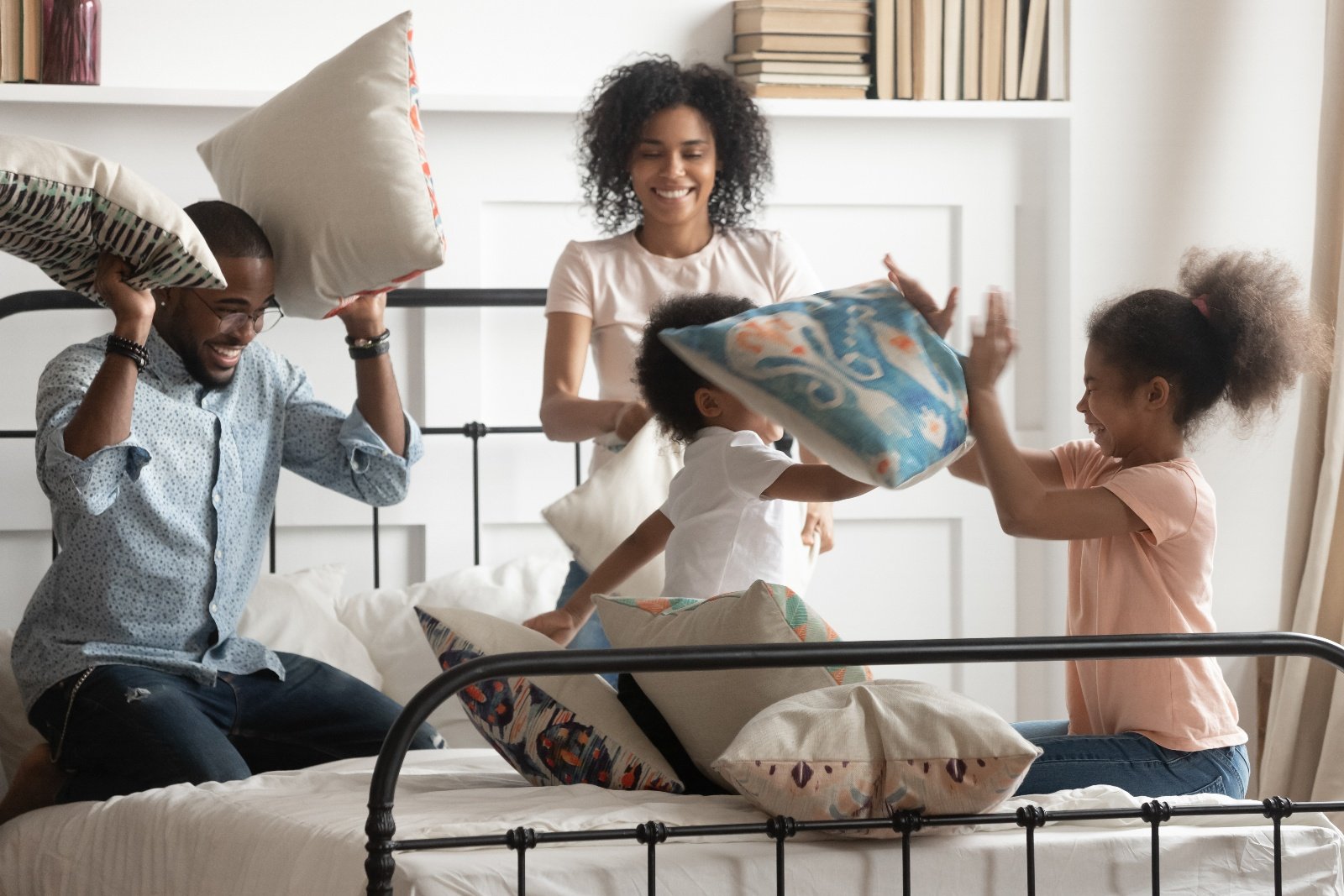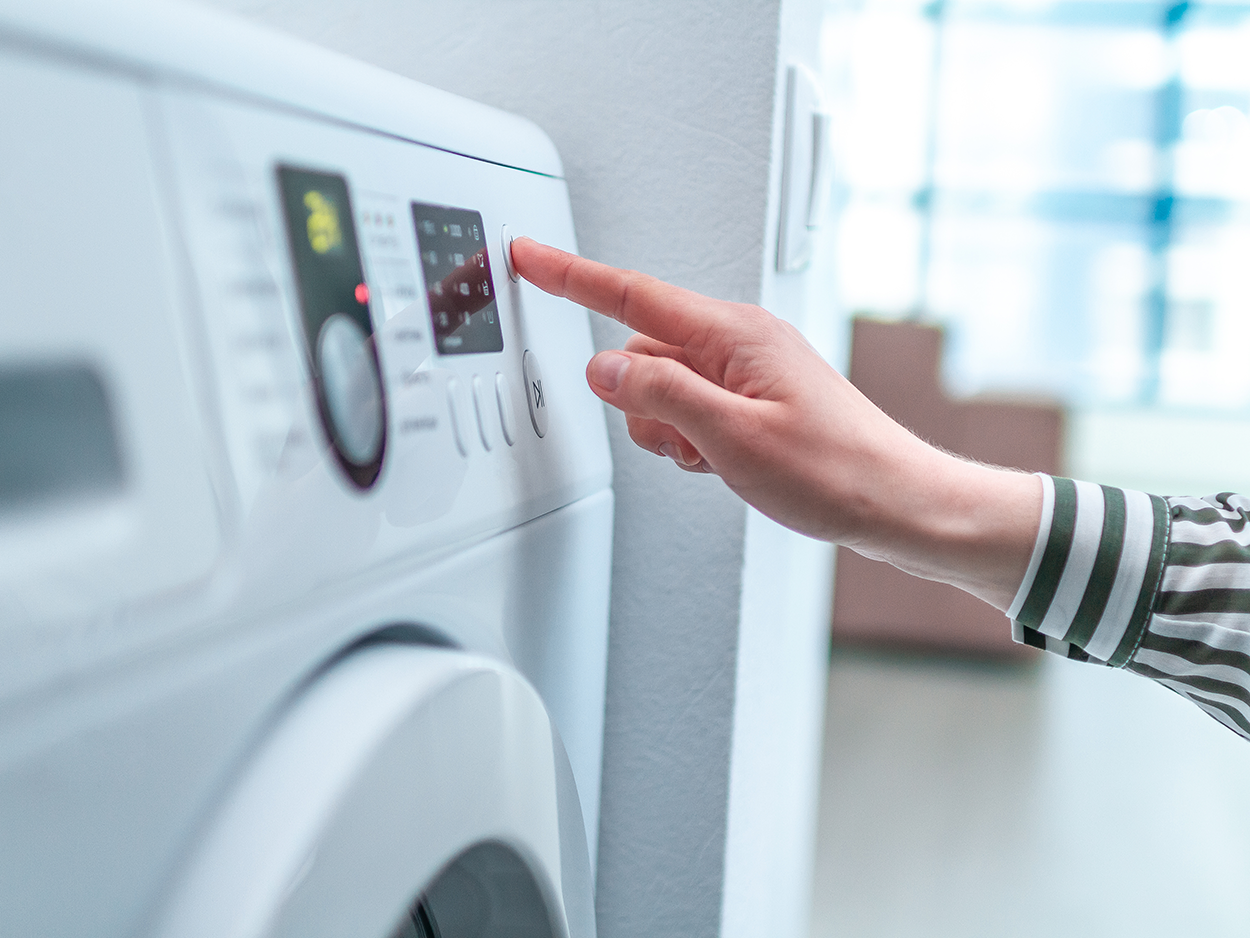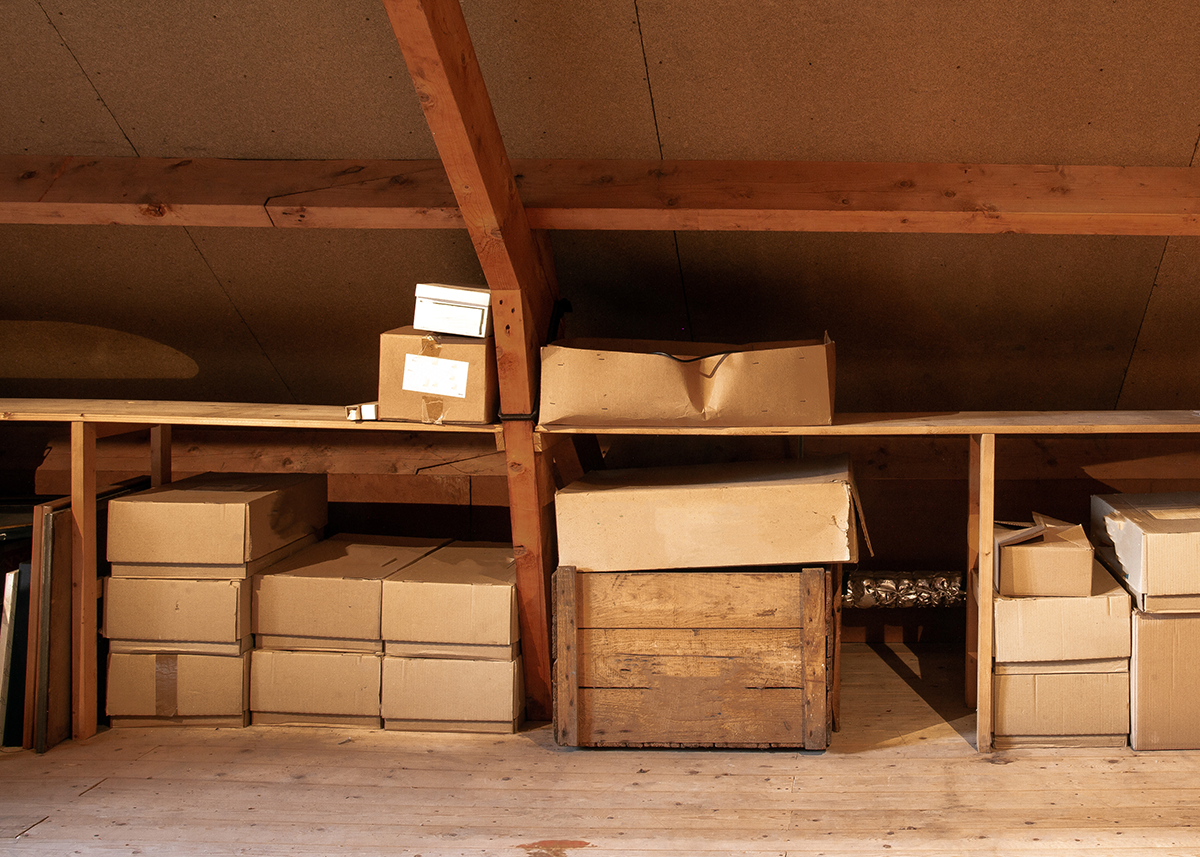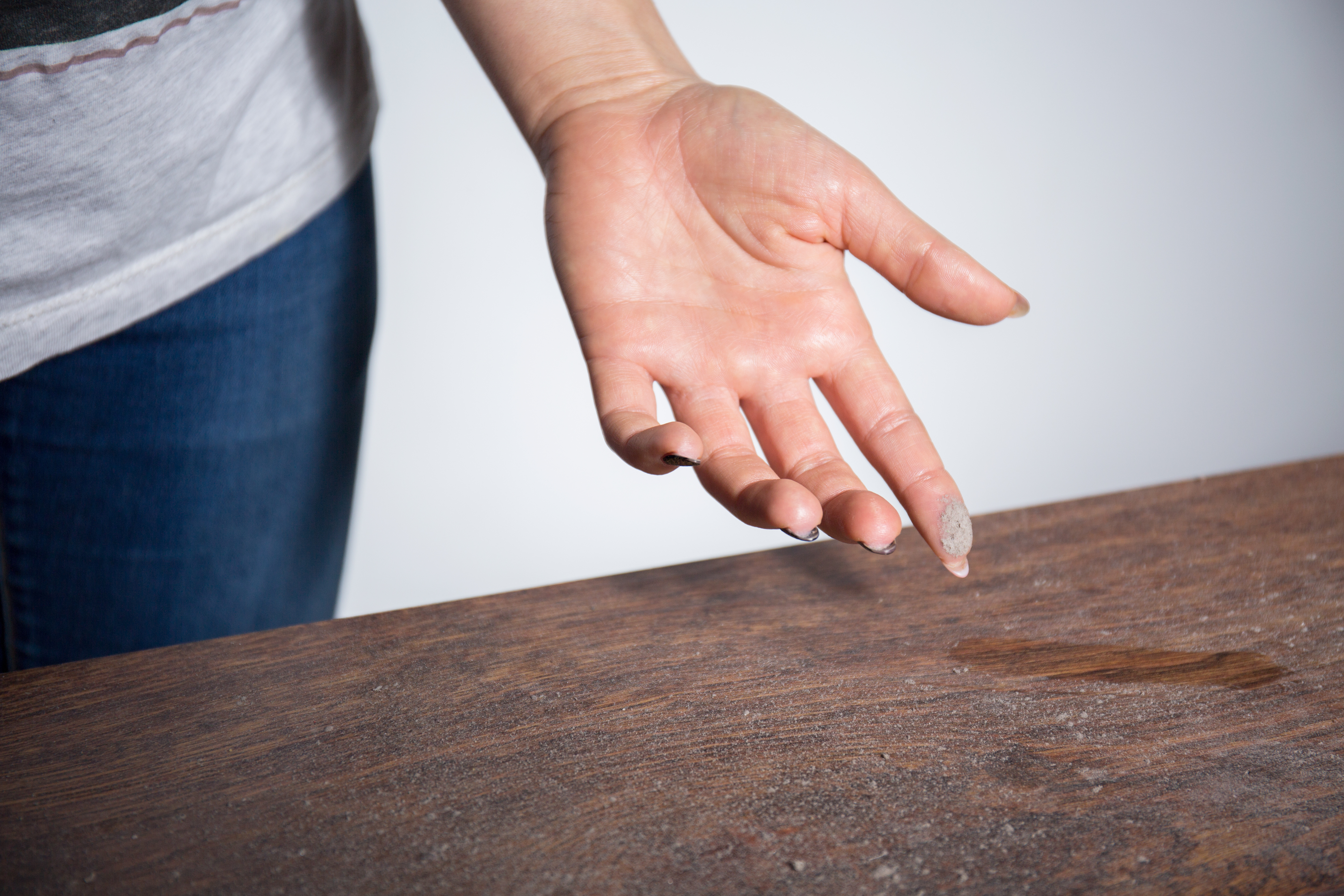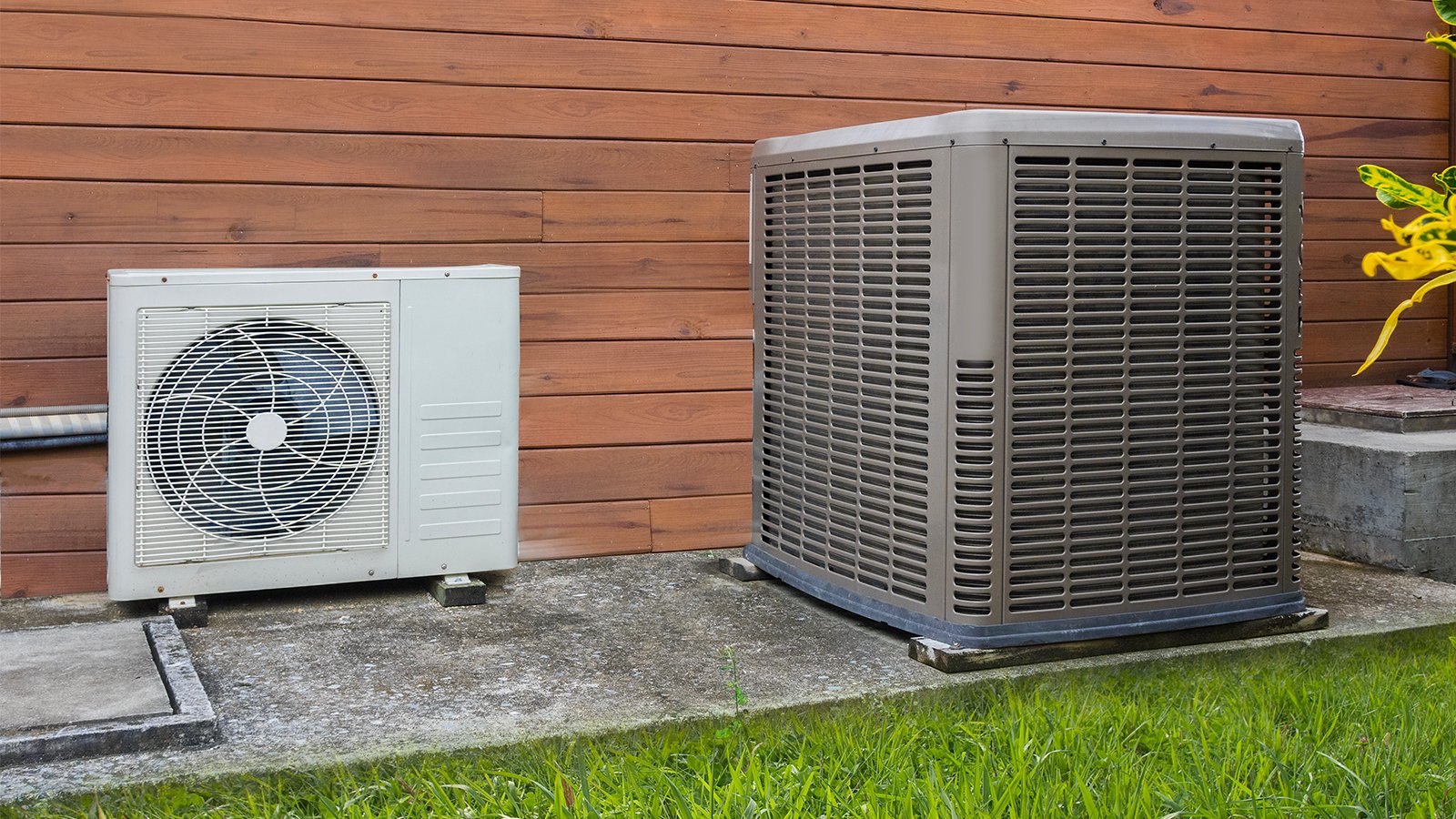While an HVAC system in itself is not enough to protect you and your loved ones from COVID-19, following some best practices alongside recommendations from the Centers for Disease Control (CDC) can help mitigate and reduce the spread of coronavirus by improving ventilation and indoor air quality.
Updating Your Filters
Most HVAC systems have a MERV-8 filter installed by default. But updating the filter to one with Minimum Efficiency Reporting Values (MERV) of 13 or higher can help trap smaller particles and remove viruses from the air. Be sure to check your HVAC manual or consult with a technician to see the highest MERV filter value that your HVAC system can accommodate.
Air Cleaners or Air Purifiers
A portable air cleaner or purifier with a high-efficiency particulate air (HEPA) filter, can help reduce the risk of airborne transmission of COVID-19. They can help remove 99.97% of contaminants from the air, including the respiratory droplets that spread the coronavirus. When buying a unit, make sure that it can handle the size of the room in which it will be used. Avoid ozone-producing air cleaners.
Increase Ventilation
Proper ventilation can improve the air quality in your home. Here are some best practices:
-
- Open windows and screened doors to the greatest extent possible.
- Use a whole-house fan or an evaporative cooler
- Leave the bathroom fan on continuously, even when the bathroom is not in use. Make sure all your exhaust fans are functional and operating.
- Consider keeping lower levels of relative humidity in winter to stop moisture from forming on windows and other surfaces.
Please note that increased ventilation and improved air quality is not enough to protect you from COVID-19 but will help reduce the spread. Practice social distancing, wear masks, wash your hands, and disinfect surfaces regularly to mitigate your risk. Click here to visit the CDC website for more information and guidelines on how to protect you and your loved ones from COVID-19.



